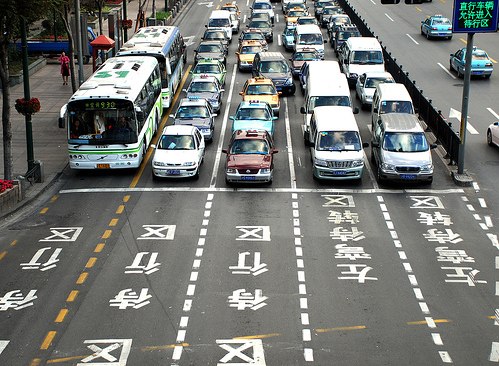China’s car sales increased in January from the low base of one year ago when the coronavirus originated here and started sweeping the country’s market.
Retail sales of passenger cars increased 25.7% to 2.16 million vehicles last month compared with the same time a year ago, the China Passenger Car Association (CPCA) said Monday, the strongest increase since September 2016.
Business shutdowns led by Covid-19 hit the auto market hard early last year. Sales declined by 20% in January last year and closed in December with a 7% drop for the year.
Although the CPCA earlier forecast that car sales would increase 7% this year, the market could observe pressure in the second half, said Cui Dongshu, the group’s secretary-general.
The stronger-than-expected recovery in the auto market is caught up in the latest chip shortage, forcing auto makers including Volkswagen AG to cut production in China. Automakers are first using available chips for their most profitable and bestselling models, and analysts predict that the effects will linger until March. Many global brands will be more affected compared to local Chinese brands, Fitch Ratings analysts said.
Nissan Motor said last week that its China sales increased 23.8% in January, while sales of Honda Motor increased 4.8%.
Sales of electric cars increased 281.4% to 158,000 in January from a year ago, though they dropped 23.9% month over month, the industry group said.
Last month, Tesla Inc. started making deliveries of its second Chinese-made vehicle, the Model Y compact crossover vehicle. The company sold 15,484 Model 3s and Model Ys that were made in its Shanghai factory, CPCA data showed.
China’s government-pushed electric-vehicle blueprint has encouraged more automakers for building new models there. Ford Motor said last month that it would build its flagship EV, the Mustang Mach-E, in China for the first time in an effort to reconnect with Chinese costumers.

